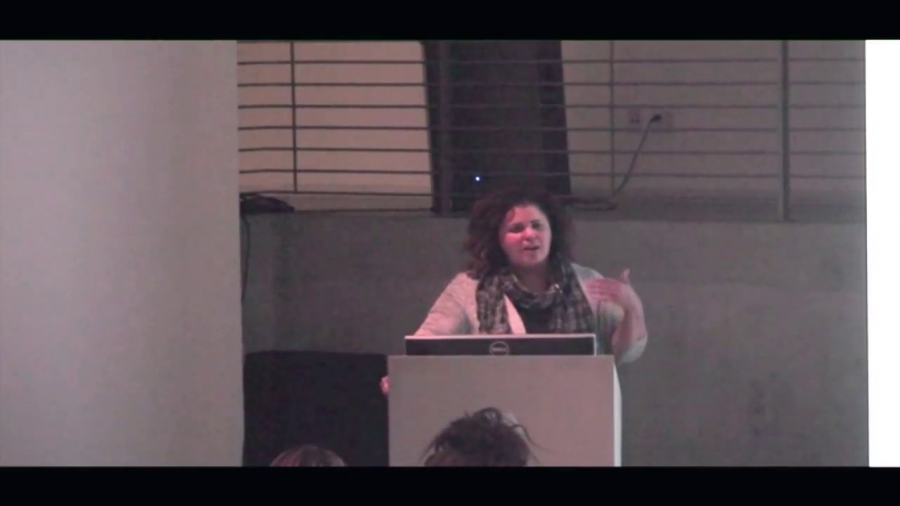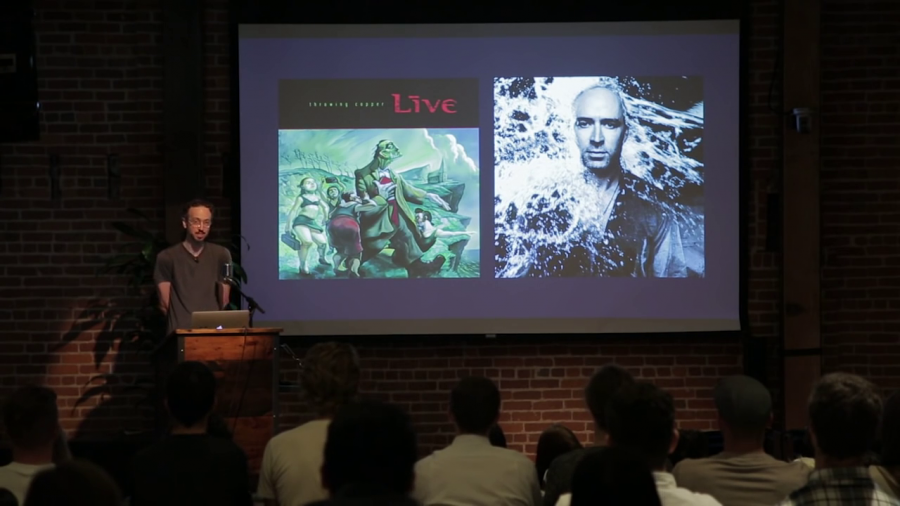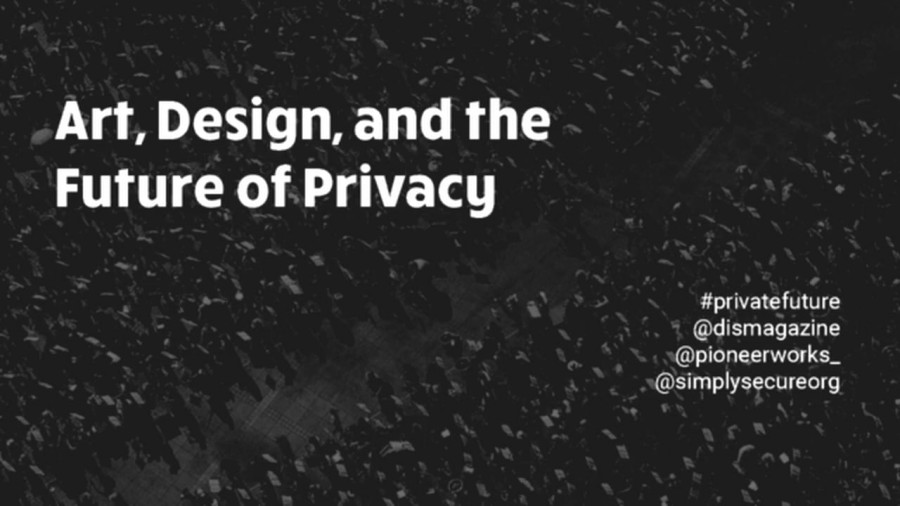I often try to tell people that Google is not providing information retrieval algorithms, it’s providing advertising algorithms. And that is a very important distinction when we think about what kind of information is available in these corporate-controlled spaces.
Archive (Page 4 of 5)
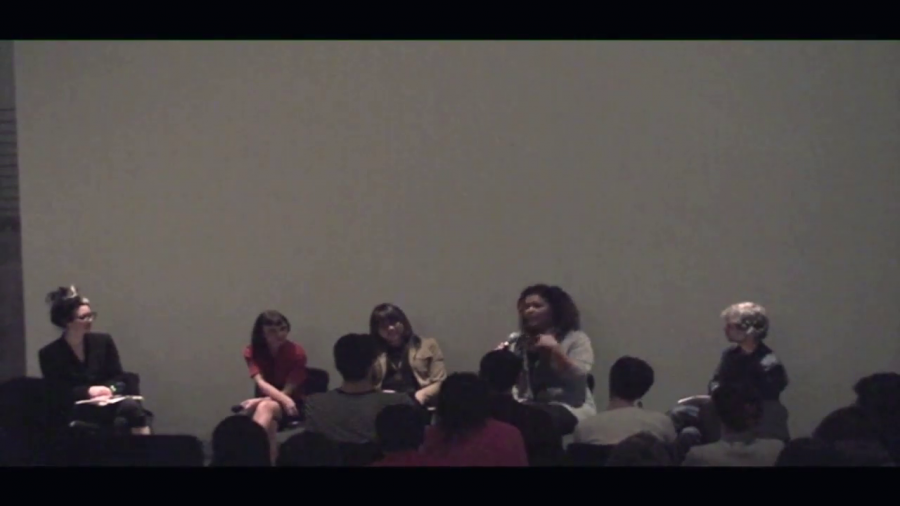
I think that we need a radical design change. And I might ask if I were teaching an HCI class or design class with you, I would say, “How are you going to design this so that not one life is lost?” What if that were the design imperative rather than what’s your IPO going to be?
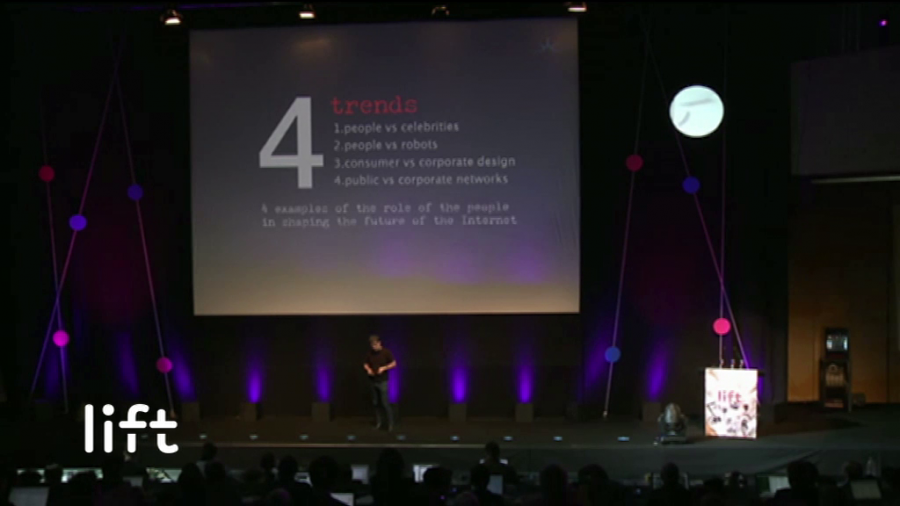
This quote’s from Andy Warhol. He was looking at America and saying America’s different. He’s saying, “Well, Elizabeth Taylor’s drinking Coke and I’m drinking Coke and the bum on the street’s drinking Coke, and it’s all the same thing.” For the first time in history, mass market culture has allowed us all to enjoy the same thing. This is not champagne. The bum on the street can’t afford champagne.
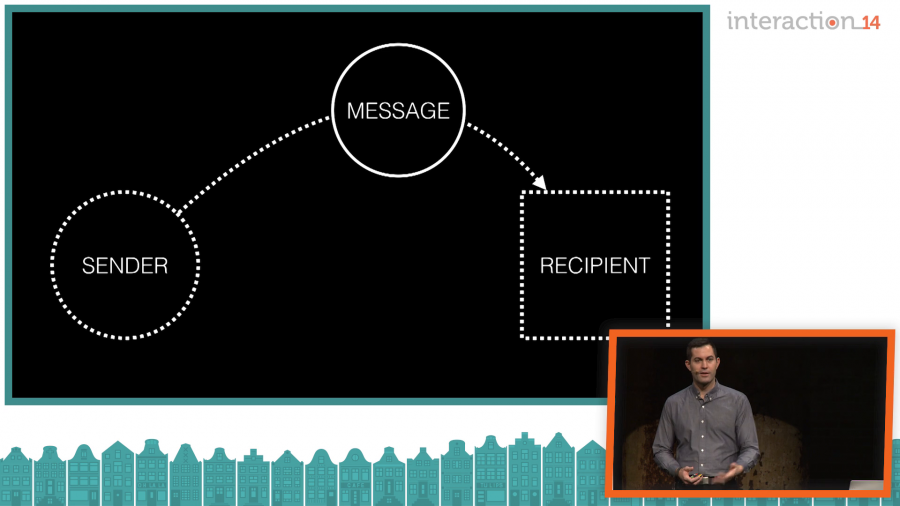
You have to think with your users, with your customers, what is your actual relationship? Are they your gods? Are they your guests? Are they a nuisance to you? Because you know where the power is.
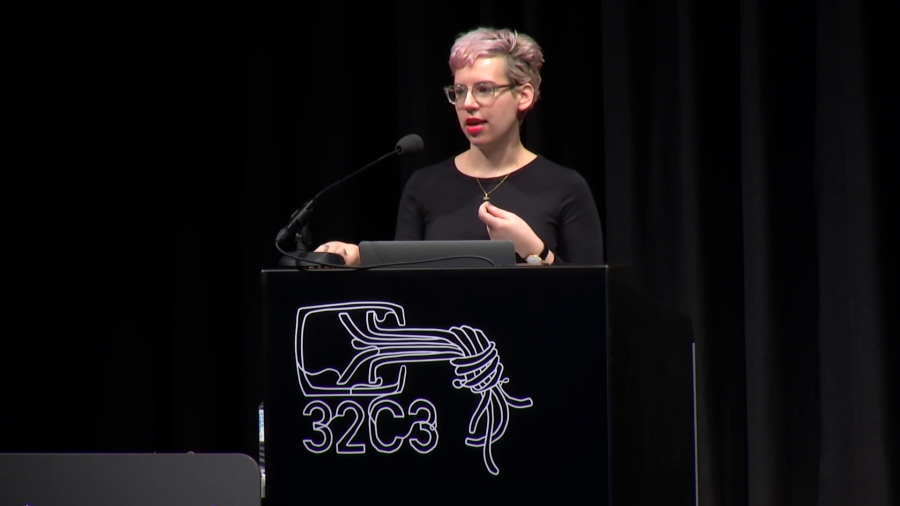
I wonder with all these varying levels of needs that we have as users, and as we live more and more of our lives digitally and on social media, what would it look like to design a semi-private space in a public network?
Designers do spend a fair bit of time thinking about what materials to use, but they don’t necessarily think about why those materials have the properties that they have.
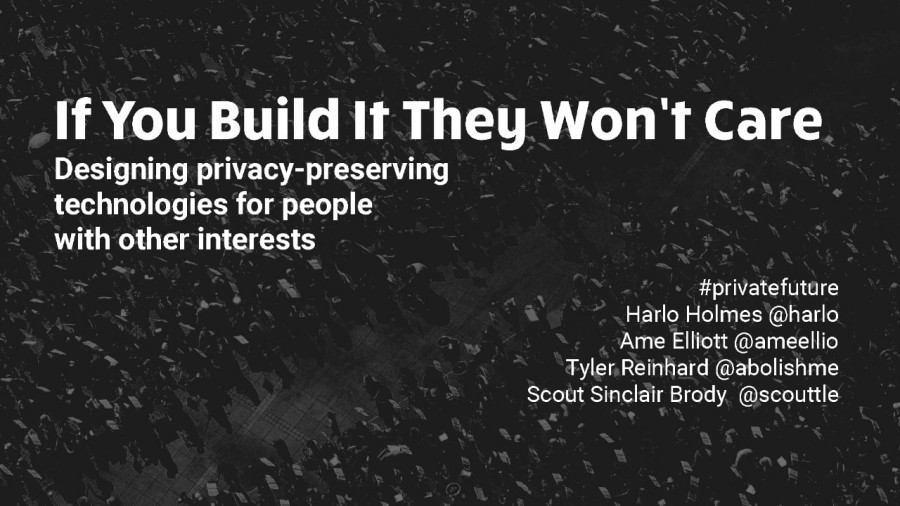
I think that privacy is something that we can think of in terms of a civil right, as individuals. […] That’s a civil rights issue. But I think there’s also a way to think about it in terms of a social issue that’s larger than simply the individual.
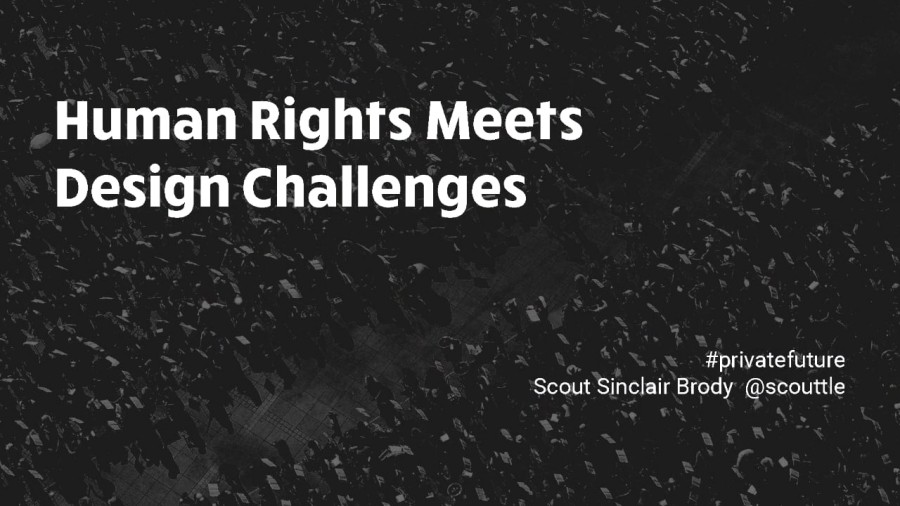
How do we take this right that you have to your data and put it back in your hands, and give you control over it? And how do we do this not just from a technological perspective but how do we do it from a human perspective?

